In the late 1980s, US author and activist Mary Elizabeth “Tipper” Gore claimed, in an interview with the Los Angeles Times, that she was not a “raunchy, inflexible prude”.


In the late 1980s, US author and activist Mary Elizabeth “Tipper” Gore claimed, in an interview with the Los Angeles Times, that she was not a “raunchy, inflexible prude”.

Méxicoleaks was launched in 2015 as a platform for people to anonymously share information leaks about anything in the public interest, including corruption, government spending and abuse

The beginnings of the #YoTambienExijo movement were born on 17 December 2014, when President Obama announcement a landmark warming of the 53-year chill between the United States and Cuba
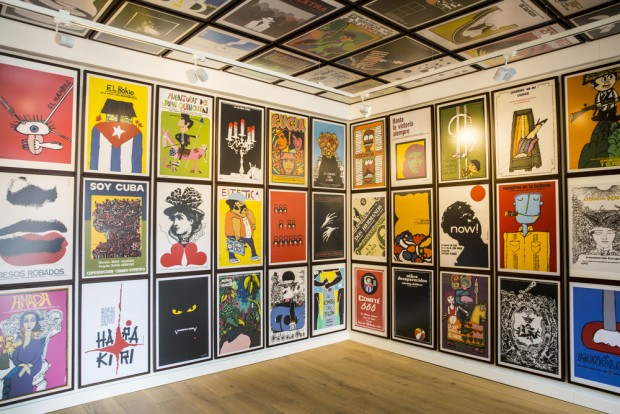
Dissident artists are no better off post-Fidel, and renewed relations with the US haven’t helped as many hoped or claimed they would
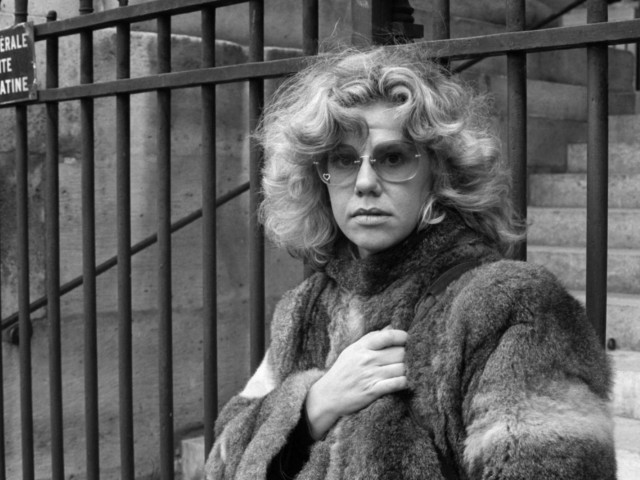
Erica Jong, who shocked readers with her novel about women’s sexuality in the 1970s, explains why she’s ready to do it again
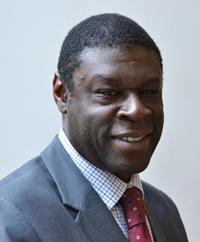
Ahead of the Battle of Ideas 2015, film historian Kunle Olulode explores why Birth of a Nation is no ordinary film
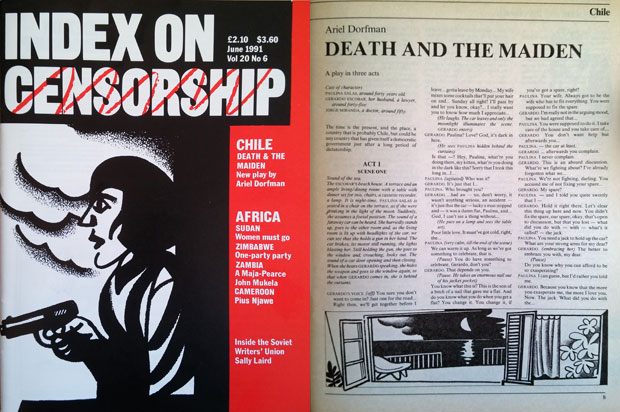
Parents and students at a high school in New Jersey have launched a petition to have books, including the play Death and the Maiden by Chilean playwright
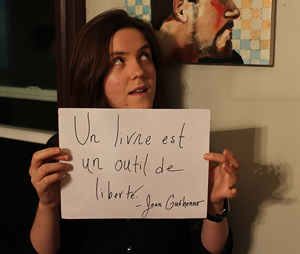
Index on Censorship youth advisory board member Muira McCammon discusses linguistic isolation at Guantanamo Bay
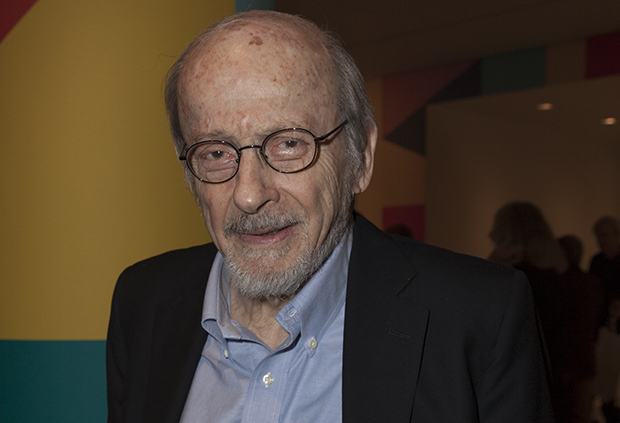
Edgar Lawrence Doctorow, a supporter of Index on Censorship, passed away on 21 July 2015 at 84.
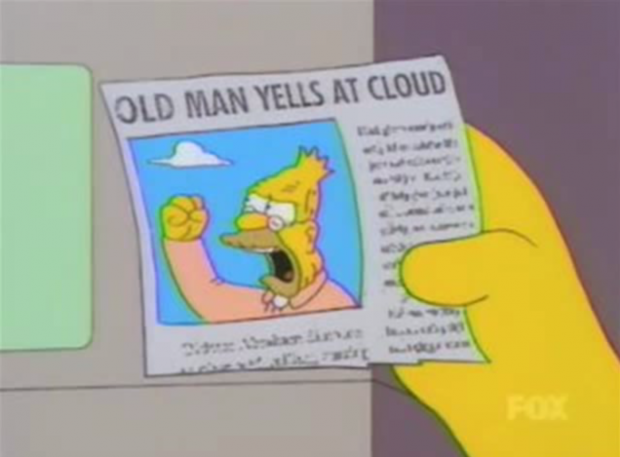
Every so often (roughly generationally) there are upheavals in mores and language. We’re on that cusp now.